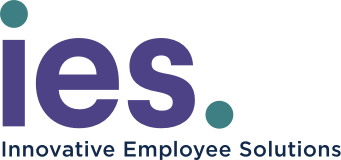HR professionals hire new employees according to who catches their attention during an interview, and the ones who commonly stand out tend to be extroverts. Introverts are often seen as reserved, a quality not valued within company structures that award collaboration and networking. Recent research has shown that introverts, however, are persistent and can analyze puzzles easier than their outgoing counterparts.
Researchers at Wharton Management found that introverts may be more creative due to their seclusion and help to drive innovation. The study observed that extroverts in leadership roles are prone to micro-managing and may ignore other employees suggestions but are better at managing a variety of people. The research also discovered that introverted managers recruit stronger candidates and frequently achieve better outcomes for the company.
Workforce magazine suggests hiring departments focus on creating a mix of introverts and extroverts within the team to balance skill sets and personalities. Fostering a company culture that celebrates both attitudes leads to more innovation within the business and can form a stronger organization. By not asking introverts to become extroverts, companies can benefit from a more diverse workforce.






